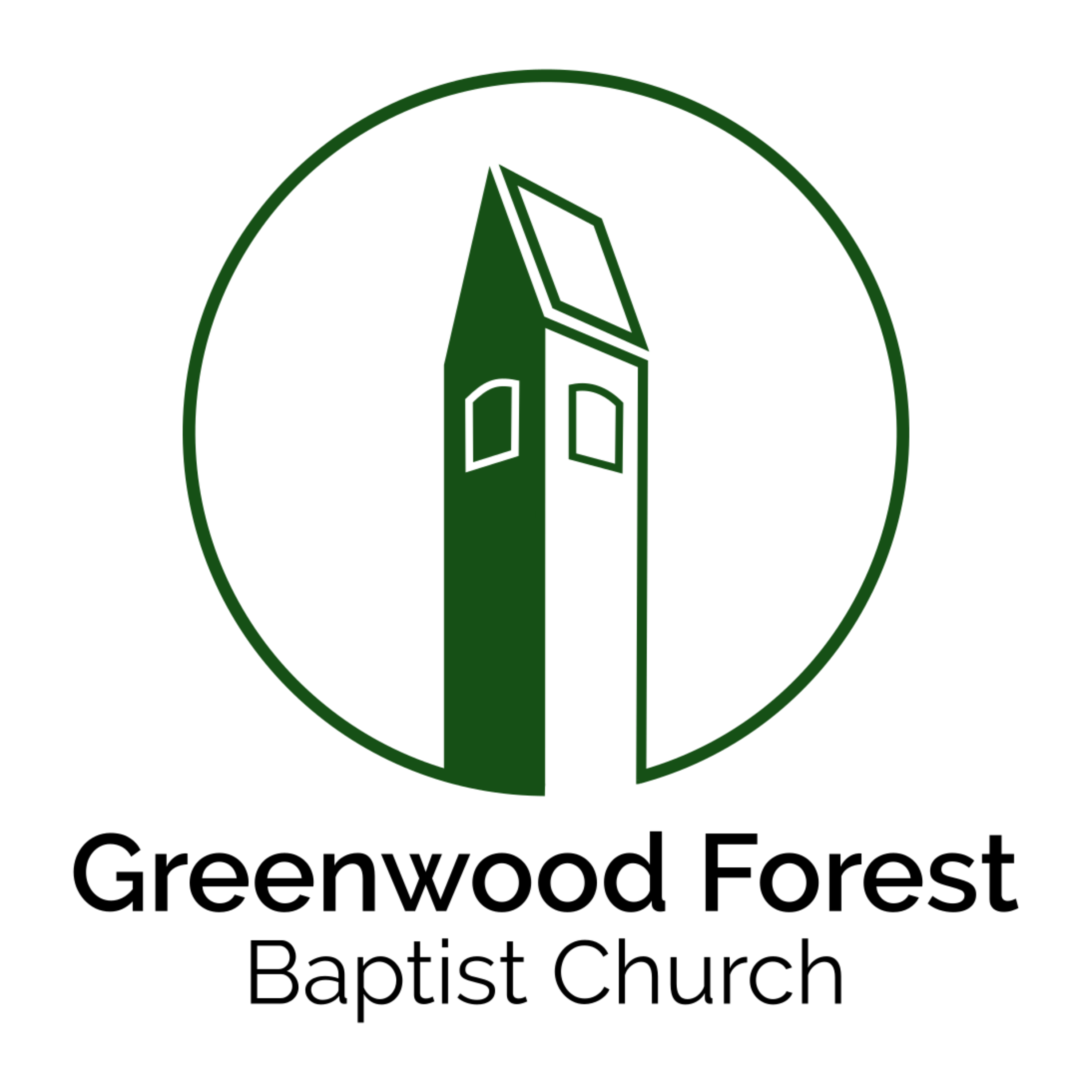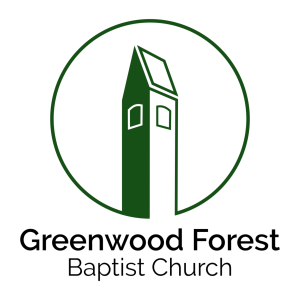
3K
Downloads
204
Episodes
This is the sermon feed for Greenwood Forest Baptist Church, a progressive and inclusive baptist church in Cary, NC. We are glad you have found your way to our sermon podcast. We welcome you to join us in person if you find this podcast compelling!
This is the sermon feed for Greenwood Forest Baptist Church, a progressive and inclusive baptist church in Cary, NC. We are glad you have found your way to our sermon podcast. We welcome you to join us in person if you find this podcast compelling!
Episodes

Monday May 06, 2024

Monday Apr 22, 2024

Sunday Apr 21, 2024
The Whole Creation Waits
Sunday Apr 21, 2024
Sunday Apr 21, 2024
Rev. Spears-Newsome's sermon on Romans 8:19-25

Sunday Apr 21, 2024
The Heavens and The Earth
Sunday Apr 21, 2024
Sunday Apr 21, 2024
Rev. Efird begins an earth month sermon series with this sermon on Genesis 1:24-31

Sunday Apr 21, 2024
Here's My Heart
Sunday Apr 21, 2024
Sunday Apr 21, 2024
Rev. Efird's Easter sermon on John 20:1-10 and 21:1-19

Sunday Apr 21, 2024
Songs of Loudest Praise & Prone to Leave the God I Love
Sunday Apr 21, 2024
Sunday Apr 21, 2024
Rev. Spears-Newsome and Rev. Efird deliver homilies on John 12:12-16 and John 18:15-18, 25-27

Sunday Apr 21, 2024

Sunday Apr 21, 2024

Wednesday Mar 06, 2024
Rescue Me From Danger
Wednesday Mar 06, 2024
Wednesday Mar 06, 2024
Rev. Efird's sermon on Matt 14:22-33

Wednesday Mar 06, 2024
